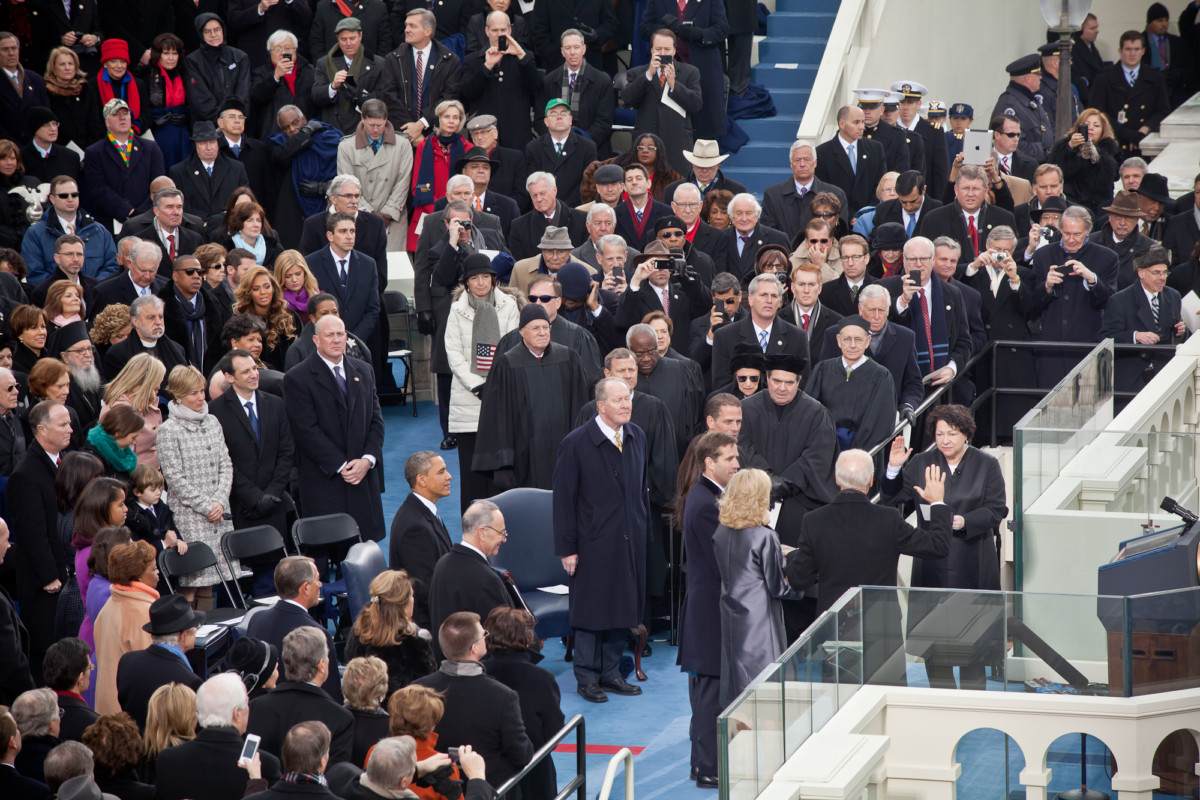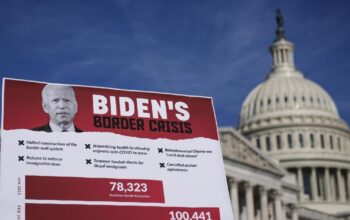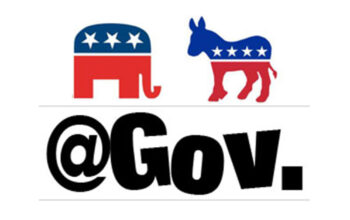The Biden-Harris victory has left everyone relieved. No more Trump! Sure, Biden and Harris may have a troublesome past and they might not be anyone’s first pick, but no one can complain because anything is better than Trump.
No one except for me because I’m the head of Opinions this year, so that’s my whole thing now. Now, we may have gotten rid of Trump, but the fact is that our system itself is broken. And to me, it doesn’t matter who’s in charge if they aren’t hell bent on fixing it.
The Electoral College
Unfortunately, the way the electoral college works, the president is not elected by popular vote. Rather, after the results from each state are in, electors from that state will vote depending on the popular vote in their state. There’s a few problems with this system.
First, because there’s nothing in the constitution holding electors accountable, electors can vote against the popular vote. That’s what’s called a faithless elector. If that isn’t bad enough, according to the New York Times, before the election “President Trump was pressing his aides on whether Republican legislatures in key states could overturn the results of the presidential election and pick pro-Trump electors, potentially giving him a second term.”
Now, the Supreme Court has ruled that states can punish such behavior, so in certain states it doesn’t happen and other electors pledge to the party they’re affiliated with to vote with the majority. The chances are that faithless electors will never tip the results of an election. However, the fact that I need to reassure you in the first place is proof that something needs to change.
Voter Suppression
Contrary to popular belief, voter suppression is far from in America’s past. It is a very real threat to our democracy. Although everyone can technically vote, politicians can still pass laws that either make voting less convenient, less accessible, or less valued. One example of such suppression is voter IDs.
According to the ACLU, voter ID laws result in a 2-3% lower voter turnout, which is tens of thousands of votes lost. IDs are no problem for the more privileged, but many of those in lower income families are unable to afford the IDs or take necessary steps due to lack of transportation or time.
Another example of voter suppression is Gerrymandering. Every 10 years, states redraw district lines based on the census. Legislators have used this to redraw district lines to group towns that lean one way politically, with a disproportionate amount of towns that lean the other way. Which can result in a state with much more blue votes leaning red, merely because more districts leaned red.
Corporate Funding
The first amendment right, among other things, grants US citizens freedom of expression. For some reason, however, campaign contributions have been deemed “expression”. And even worse, corporations have been deemed people by courts. The result of this is that Corporations, as “people”, can “express” their favor for a certain candidate by showering them in money. According to Follow the Money, an organization dedicated to making information about lobbyist funding available to the public, over 7 billion dollars was raised for federal elections in 2020 alone. The fact that such enormous contributions are possible renders America less of a democracy and more of an oligarchy.
Among plenty of other issues, lobbying is also the reason that so many politicians are reluctant to take action against climate change. According to Open Secrets, the oil and gas industry spent over 4 billion on the presidential race alone in 2020. The way we have it, it is much more profitable for politicians to just maintain the status quo, regardless of what may be best for the people.
The Two Party System
At the root of the problems I’ve listed is the fact that these issues have such a slim chance of getting solved. And that is because we live in such a polarized society, with stubborn politicians who refuse to compromise. Every four years we have to hope the president elected is not only in our party, but is in the same party that currently holds at least one half of congress. If not, either laws are put in place to further put the party we favor in jeopardy or absolutely nothing gets done for four years. Unless something is supported by an overwhelming majority of the public, politicians are stubborn to a fault.



